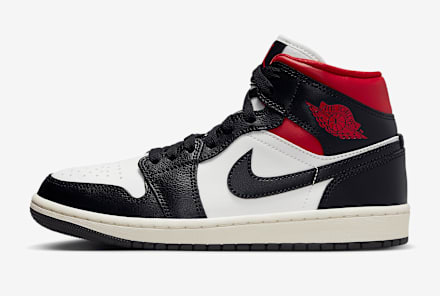Advertisement

There are two key ways of viewing the resources with which we're all bestowed: one that values money and one that values time. Some people fall on one far end of the spectrum, completely preoccupied with the green and how much of it they do or don't have; other people view the hours in the day as the more precious treasure. Most of us probably fall somewhere between these two poles, caring about both to a certain degree, though perhaps with more of an eye toward one side.
Now, new research suggests there might actually be some distinctly positive outcomes to prioritizing the more abstract of the two: People who tend to put time above money also tend to invest more in their social connections.
The paper, published recently in the Journal of Social and Personal Relationships, found that chronically choosing time over money encourages more social interaction. People who said their time was the more important resource to them engaged in more relationship-building behaviors: They spent 18 percent more time socializing with a new peer than those who said they kept money closer to their hearts, and they also hung out more with co-workers over the course of a week.
"People who valued money more than time were less interested in social interactions that could come at a cost to their ability to study or work," the study says. "The current research suggests that people's chronic orientations to value time and money can also impact time use—with possible implications for subjective well-being."
Because social interaction tends to lead to more happiness, the study suggests, people who tend to value time over money may also tend to have more joy in their lives. This makes sense intuitively: Someone who values money might see no problem working a consuming 60-hour-a-week job, whereas someone who values time might prioritize having a flexible work schedule when selecting a job because they want to be able to hang out with the kids, go on trips, or pursue a hobby that makes them come alive.
It's important to note that time and money are often closely related. Here's another example: Someone who values time over money might see it as a worthy investment to pay for a laundry service instead of spending an afternoon every week or two at the laundromat; someone who values money might see such an expenditure as a waste and opt to wash their clothes themselves. But of course, access can play a big role in which is more valuable to a person: Someone who has more money can also afford to buy more time by outsourcing chores this way. Likewise, someone with more time—who has no kids to take care of, or has a large family living nearby who can help with child care—might be able to invest more energy in a new venture that might make them more money.
But there's something to be said for the predilection toward one or the other. A 2016 study by the same researchers asked over 4,600 adults to choose between trading in money to have more free time or trading in time to have more money. Those results split pretty neatly down the middle, with 54 percent of the respondents saying they'd sacrifice the cash for more hours in the day—and that was controlling for things like household income, how many kids they had back home, and even how time- and money-strapped the participants currently felt. Their latest paper also controlled for socioeconomic status and other demographic factors like age and gender. This all suggests there really is a perhaps natural pull toward valuing one over the other.
While there's nothing wrong with enjoying the things financial wealth can bring you, the important take-away here is to make sure your values are leading you toward fostering the connections that matter. And hey, more dollars in the bank can mean having the ability to afford longer, more connective trips and experiences with family and friends, and it can also free you from being forced to work long hours in the office.
If you feel yourself tending to lean toward fattening the wallet, just make sure you're also putting some energy into the things that will ultimately bring you joy—and that usually means more quality time with the people you love.
Watch Next
Enjoy some of our favorite clips from classes
Enjoy some of our favorite clips from classes
What Is Meditation?
Mindfulness/Spirituality | Light Watkins
Box Breathing
Mindfulness/Spirituality | Gwen Dittmar
What Breathwork Can Address
Mindfulness/Spirituality | Gwen Dittmar
The 8 Limbs of Yoga - What is Asana?
Yoga | Caley Alyssa
Two Standing Postures to Open Up Tight Hips
Yoga | Caley Alyssa
How Plants Can Optimize Athletic Performance
Nutrition | Rich Roll
What to Eat Before a Workout
Nutrition | Rich Roll
How Ayurveda Helps Us Navigate Modern Life
Nutrition | Sahara Rose
Messages About Love & Relationships
Love & Relationships | Esther Perel
Love Languages
Love & Relationships | Esther Perel












